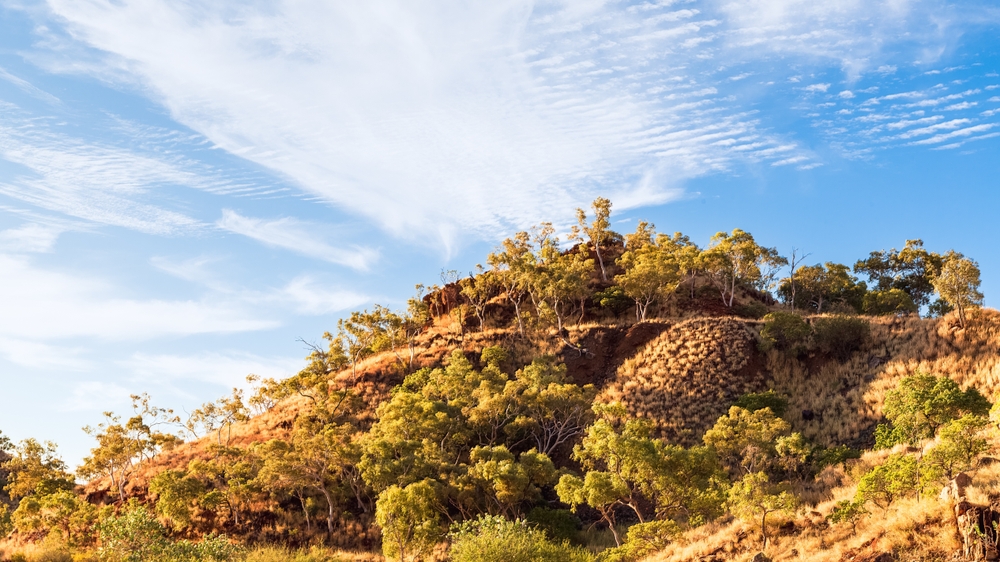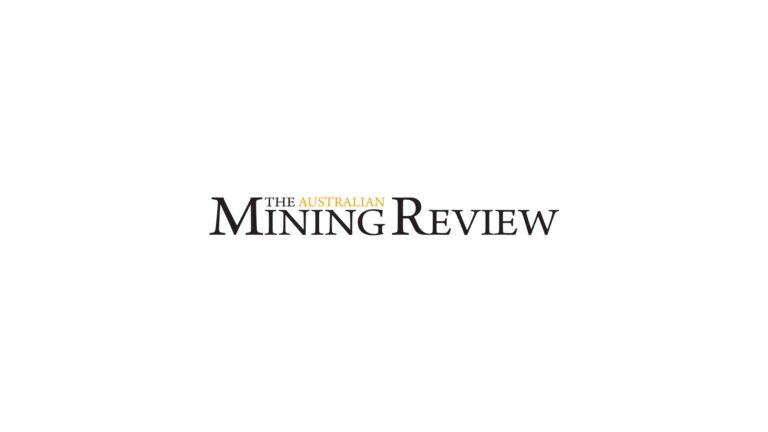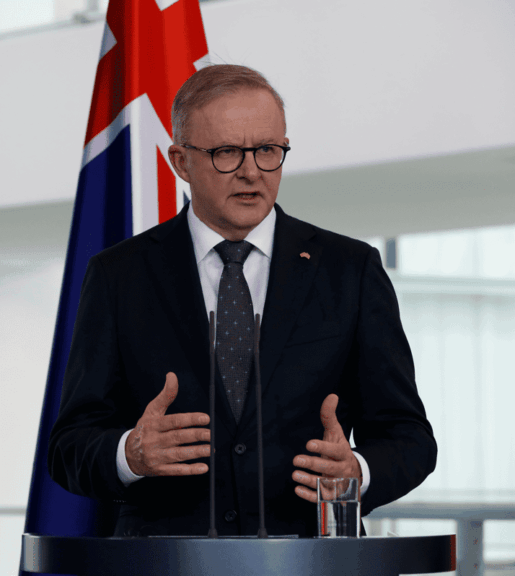
Federal Resources Minister Madeleine King delivered a speech at the Minerals Week 2024 Conference in Canberra, Australian Capital Territory, arguing that the Federal Government is especially focused on critical minerals and rare earths industries.
“No government in recent memory has put the resources industry at the centre of its policy making in the way that the [Federal] Government has,” she said.
“In June last year, I released the Critical Minerals Strategy, which provided the blueprint for our approach for supporting the industry.
“We then updated the critical minerals list and created a new Strategic Materials List of commodities — providing more projects with the potential to access government funding.
“We doubled the Critical Minerals Facility to $4b and had the Northern Australia Infrastructure Facility direct $500m of its $7b in available funding towards critical minerals projects in the North.
“We have announced more than $1.5b in support for specific, strategically important projects, including for Arafura Resources rare earths Nolans project near Alice Springs [Northern Territory], Alpha HPA’s (ASX: A4N) high purity alumina project in Gladstone, [Queensland] and Renascor Resources’ (ASX: RNU) Siviour graphite project in South Australia.
“But the largest measure of our support for the critical minerals industry was delivered with our Federal Budget.
“The [Federal] Government put the critical minerals and rare earths industry at the heart of its policy making through the Future Made in Australia plan.
“Under that plan, the Government committed to $17.6b Critical Minerals Production Tax Incentive.”
However, Federal Shadow Resources Minister Susan McDonald says more needs to be done, including adding uranium, copper, zinc, bauxite, alumina, aluminium, potash and phosphate to the Critical Minerals List.
“We have the critical minerals the United States and our allies need for research and development, high-tech industries, defence, aerospace and medical research,” she said.
“We are the answer to their supply chain concerns.
“We have the resources, the expertise and the historic relationship — based on shared values — to develop this partnership even further.
“In Japan and Korea, Australia has literally powered their economies for decades with our high-quality, low-carbon coal and gas and over the same time, supplied the iron ore and high-calorie met coal that — to steal a slogan — let them build their cities on rocks and coal.
“[I] also hope to make Australia a greater part of the answer to their zero emissions nuclear energy needs, just as [I] aim to add clean zero-emission nuclear power into our own domestic energy mix,” she said.
“We all know how crucial this mineral is for the country, and for our international partners and we know that demand in the future is only going to increase, as more countries turn away from Russian and Russian-linked sources.
“Australia is blessed with an abundance of critical minerals, and we must position ourselves to take full advantage of this and drive the industry’s expansion.”
Certainty for approval processes
Ms McDonald says the Federal Government needs to provide certainty in investment and supply chains as well as approval processes.
“The most recent decision by Minister Plibersek to invoke Section 10 of the Aboriginal and Torres Strait Islander Heritage Protection Act on the McPhillamys gold mine near Blayney in NSW, should never have happened,” she said.
“Here we have a project cleared by State and Federal approvals and had the support of the Premier and local community.
“It was opposed by a group that has no cultural authority over the area.
“The decision to essentially block the mine, should raise serious questions about the power a group like this has; and how this government has allowed them to be empowered.”
Ms McDonald says the Orange Local Aboriginal Land Council, a voice which has cultural authority over the area, was ignored.
“We fundamentally believe the benefits of mining and gas projects must be invested into multi-generational development for our Indigenous people,” she said.





